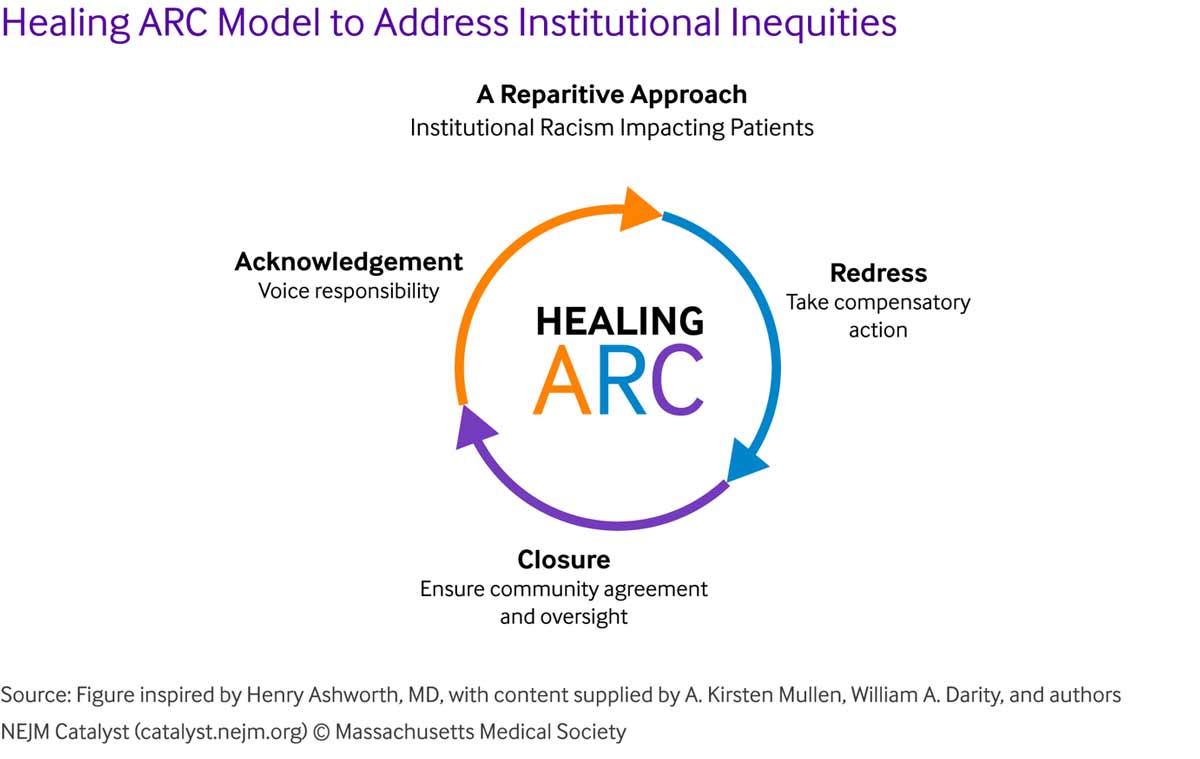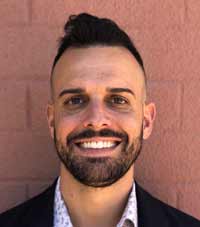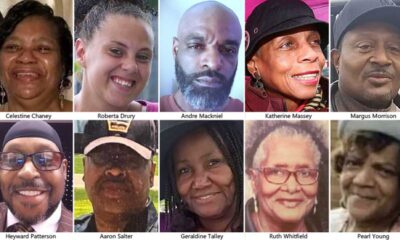Health & Wellness
ARC of Triumph: Health Equity Advocates Launch Campaign to Eliminate Racism and Revolutionize Care for Patients of Color

Framework, successful in Boston, now being applied to New York, Virginia
“We are advocating for an approach to address racism in health care by enlisting the community and health care institutions as equal partners, equally motivated to identify and address health and health care inequities with race-conscious strategies that are necessary for people confronting the effects of structural racism that is killing them, their family members and their friends,” said Dr. Camara Jones MD, MPH, Ph.D., a member of the Healing ARC Campaign’s Advisory Committee.
“Historical data shows improved health outcomes for patients sent to cardiology specialists, including lower 30-day readmission rates and better follow-up rates compared with patients who were admitted to general medicine,” said Dr. Michelle E. Morse, Assistant Professor at Harvard Medical School and Chief Medical Officer and Deputy Commissioner for New York City’s Health Department.
The Healing ARC framework incorporates the three necessary stages for eliminating racism – naming, documenting, and collaborating to repair the harm. Brigham and Women’s Hospital (BWH) in Boston is using the Healing ARC framework to eliminate inequity in patient care delivery.
In 2015, a study by physicians at BWH found that over a 10-year period, fewer Black and Hispanic patients diagnosed with heart failure in the Emergency Department were admitted to the specialty cardiology unit, that improves patient outcomes. In response, the physicians developed a race-conscious, Healing ARC care model to address the racial inequities and enhance accountability.

Under a pilot program at BWH, a new, more equitable process is in place when the emergency room treats a person of color with heart failure.
Suppose a physician selected admission to the General Internal Medical service for the patient rather than the cardiology service. In that case, the clinician receives a “Best Practice Advisory” from the electronic health record system. The message reads: “Patient is from a racial or ethnic group with historically inequitable access to the cardiology service; consider changing admission to Cardiology unless extreme census or overriding clinical reasons for General Medicine service.” The physician can either change their decision and admit to cardiology or override the Best Practice Advisory and continue admission to general medicine.
Through the pilot, which began earlier this year, results show that the digital tool is impacting the admission of Blacks and Hispanics to cardiology.
Dr. Morse co-led the original study and developed The Healing ARC with Dr. Bram P. Wispelwey, an Instructor in Medicine at BWH and Instructor at the Department of Global Health and Population at the Harvard T.H. Chan School of Public Health. We believe the Healing ARC framework can make a transformational difference in patient care,” Dr. Wispelwey said. “The approach addresses two antiracism goals by providing clinician education through acknowledgment of a racial inequity and providing a path of redress for patients of color.”
Dr. Morse also is applying the Healing ARC framework in New York City through the Coalition to End Racism in Clinical Algorithms (CERCA), which seeks to end race adjustment in clinical algorithms and accelerate connections to care for patients of color whose care was delayed by the racist practice. Recently, CERCA released an inaugural report, saying, “race-based equations were often built upon now debunked race-as-biology theories.” The Healing ARC framework is also being applied at the University of Virginia Medical Center.
A major component of The Healing ARC framework is developing innovative approaches to collaborating with the community. “Wisdom Councils” are organized in communities of color that have suffered from health disparities, empowering community voices to shape the implementation. Stage one of the framework requires providers and institutions to acknowledge that racism contributes to inequitable health outcomes. Stage two is designed to redress the harm by providing restitution to the harmed population, including opening access to services and care historically denied. Stage three is to facilitate closure through reconciliation and agreement that the harm has been redressed.
The campaign’s objective is to expand Healing ARC applications to more hospitals, healthcare facilities, and public health institutions, while explaining why the care delivery model at BWH is needed, what it can achieve, and why race-conscious interventions are required to dismantle racism in healthcare.













